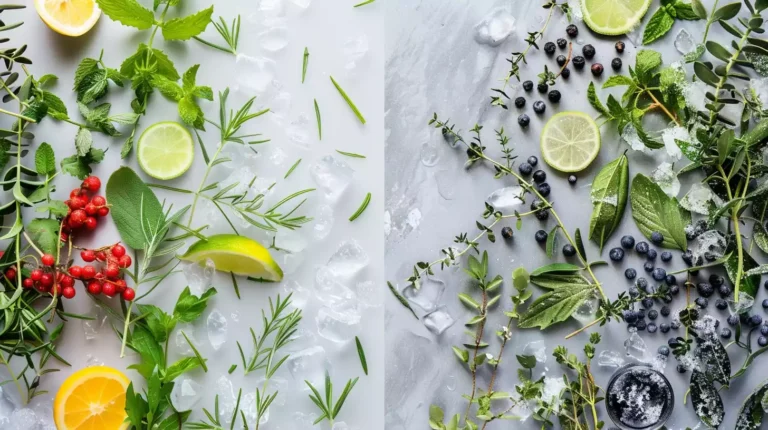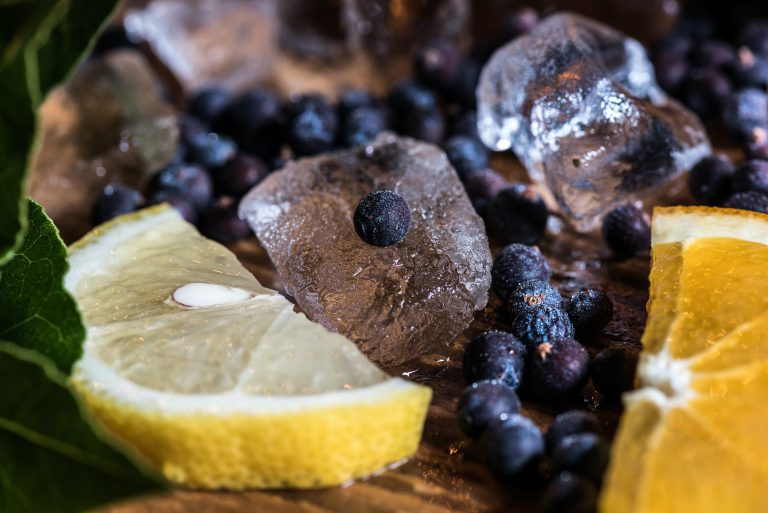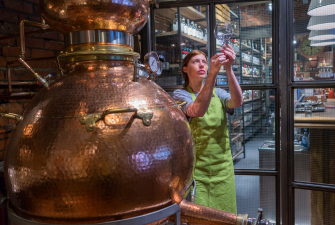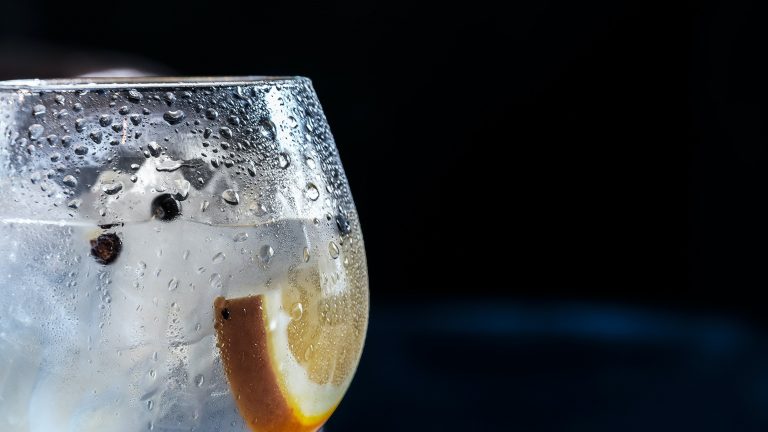Does Gin Taste Sweet? Let’s Uncover the Zesty Surprises!
When it comes to gin, the question of sweetness can lead us down a complex path of botanicals and flavor profiles.
At first sip, you might be surprised by the absence of sugary notes, but there’s more to uncover beneath the surface. So, is gin sweet? Let’s explore this juniper-laden mystery together.
Continue Reading to Understand These Key Points:
- Gin’s sweetness varies based on botanicals and added sugars in mixers.
- Sweetness perception can be influenced by ingredients like lime or fruit juices.
- Personal taste preferences play a significant role in how sweet gin tastes.
- Some gins, like Sloe Gin or those with sweet botanicals, offer distinct sweet notes.
Exploring Gin’s Sweetness
Exploring the nuances of gin’s sweetness reveals a complex interplay of botanicals and mixers that contribute to its flavor profile. While gin itself isn’t sweet, mixers like tonic water can add sweetness through sugars. Sloe Gin, infused with Sloe berries, often contains added sugar for sweetness.
The sweetness levels in gin vary depending on the botanicals used. Some gins have pronounced sweetness, while others are drier. To balance sweetness, low-sugar alternatives like diet tonic water or soda water can be used.
When making a Gin & Tonic, using lime can counteract excessive sweetness, creating a balanced flavor. Understanding the elements that contribute to gin’s sweetness enhances the drinking experience.
Factors Influencing Gin’s Sweetness
As we consider the nuances of gin’s flavor profile, understanding the specific botanicals used in its production is crucial in understanding the factors that influence its sweetness level.
The sweetness of gin can be affected by elements such as the botanicals chosen during distillation. Some key factors influencing gin’s sweetness include the botanicals used, the presence of added sugars, and the sugar content in tonic water when mixed with gin.
Understanding these elements allows for a balanced approach to enjoying gin and enhancing its flavors with ingredients like lime.
Common Misconceptions About Gin’s Taste
Amidst misconceptions about gin’s taste, it’s often mistakenly assumed to be sweet. However, its sweetness levels can vary due to factors like botanicals and added sugars in mixers.
Sloe Gin, infused with Sloe berries, may contain added sugar, leading to a sweeter taste. Different types of gin have varying sweetness levels based on botanicals used.
Lime can balance sweetness in a Gin & Tonic, enhancing the flavor. Diet tonic water and soda+tonic water offer low-sugar alternatives.
Real-Life Experiences With Sweet Gins
In my tasting journey, I’ve experienced a variety of sweet gins that showcase the diverse flavors within this category. Sloe Gin is known for its sweetness, created by infusing Sloe berries for a unique fruity flavor.
Some gin brands use sweet botanicals or added sugars to enhance the sweetness.
Personal taste preferences play a crucial role in how sweetness is perceived, shaping the experience with different varieties. Specific botanicals used during production can also contribute to sweet undertones, adding complexity to the flavor profile.
The context and mixers used can further influence the perceived sweetness, shaping the overall tasting experience.
Tips for Identifying Sweet Notes in Gin
Identifying sweet notes in gin involves discerning fruity undertones and a lingering sugary finish.
Factors to consider include the infusion of Sloe berries in Sloe Gin, added sugars in some gins like Old Tom Gin, and sweet botanicals such as licorice or angelica in Hendrick’s Gin and Brockmans Gin.
Mixing with tonic water or fruit juices for added sweetness in drinks like Gin and Tonic and Gin Fizz can also enhance the perception of sweetness in gin.
Final Thoughts
The world of gin is complex and nuanced, with sweetness playing a subtle yet crucial role in its flavor profile.
The sweetness in gin can surprise and delight even the most discerning palates. Pay close attention to the delicate notes of sweetness that add magic to your drinking experience.
Cheers to the sweet side of gin!






